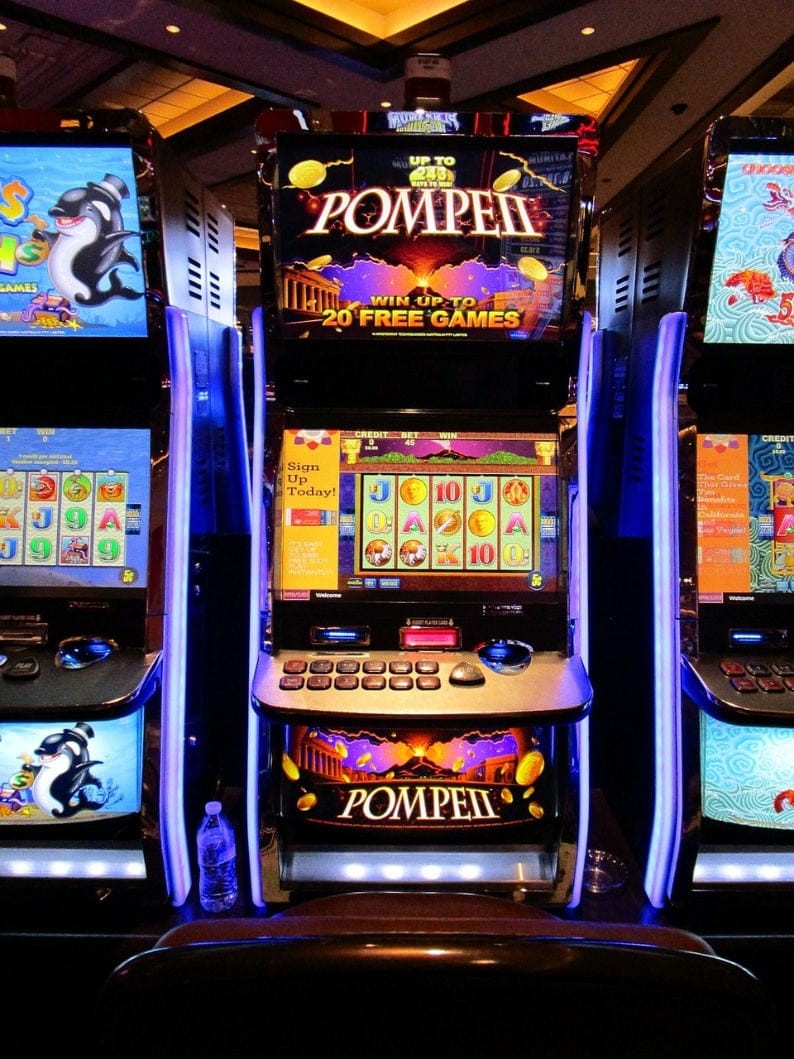
How Small Markets Influence Global Online Casino Trends
Small countries don't usually get credit for shaping the online casino world. When people think "innovation," they imagine the U.S., the UK, or Canada. But some of the biggest changes in game design, payments, regulations, and even user experience actually come from much smaller places-Baltic states, Nordic countries, Balkan regions, and island nations.
These are markets with fewer players but higher expectations. And because online casinos use the same technology stack across multiple regions, the habits of even a small audience can create global shifts.
Here's how it happens.
Smaller Markets Adopt New Tech First
In huge markets, regulations slow everything down. In smaller ones, casinos move faster. Why? There are fewer regulatory barriers, easier adoption of digital banking, players switch sites constantly, and operators compete aggressively for attention.
Countries like Estonia, Latvia, Croatia, and Iceland are known for being extremely tech-friendly. Their players expect instant onboarding, smooth interfaces, and modern lobbies. Because of that, casino platforms often test new layouts, autoplay features, and live-dealer setups in these markets first.
Many features that players now see everywhere-session timers, simplified KYC steps, upgraded mobile lobbies-were tested in small markets before becoming "standard."
Small audiences. Fast results.
Payment Systems in Small Regions Push Global Banking Trends
Not every country relies on Visa or PayPal. Some depend almost entirely on local apps or unique banking tools. In the Baltics, instant SEPA transfers and regional e-wallets dominate. Nordic countries favor Vipps, Swish, and mobile-only payments. The Balkans rely heavily on cash-based vouchers and local fintech brands.
Once a casino builds support for a niche payment method, it tends to speed everything up globally. The same infrastructure that processes a fast transfer in Latvia can make a withdrawal faster in Canada or Ireland.
Where Iceland Fits In
Even very small markets can demand premium standards. For example, players comparing the best online casinos in Iceland look for fast payouts, mobile-first design, and strong licensing. Their expectations push operators to raise the bar for players everywhere.
It's a case of "tiny market, big influence."
Game Designers Study Small-Market Behavior More Than You Think
Large countries produce a lot of data-but it's noisy. Small markets produce cleaner, more predictable insights.
Developers often test new RTP setups, volatility adjustments, bonus structures, theme variations, and camera styles for live dealer games in these regions first. Baltic players tend to prefer higher-volatility slots with tighter pacing. Nordic players like clean UIs with darker color palettes. Balkan audiences helped popularize turbo spins and simple buy-features.
Those preferences didn't stay local. They shaped global slot design.
Clear data equals fast innovation.
Strict Local Rules Become Global Standards
Some of these smaller markets have surprisingly tough regulators. Estonia has strict tax reporting requirements. Lithuania enforces tight advertising rules. Sweden imposes bonus limits. Iceland bans local casinos, which pushes players to licensed offshore sites.
When a casino upgrades its compliance tools to meet one of these small markets, the changes tend to carry over everywhere. It's easier to follow one high standard than customize ten different lower ones.
This is why more casinos worldwide now use improved auditing, clearer payout tables, responsible gaming dashboards, and stricter age verification. A small country sets the rule, and the global industry adapts.
Trust Matters More in Small Markets
In big countries, a mediocre online casino can survive just from sheer volume. Not in smaller places.
Word spreads quickly. A bad experience lasts forever. One slow payout can ruin a casino's reputation across an entire region.
That pressure forces operators to keep payout speeds consistent, offer better support, be transparent about disputes, reduce wagering requirements, and use higher-quality licenses. These aren't local improvements-they become platform-wide practices.
If a casino manages to earn loyalty in Iceland, Latvia, or Slovenia, it can earn loyalty anywhere.
Why These Small Markets Shape the Future
Online casinos aren't built for Vegas and exported abroad anymore. They're built for everyone. That means every region-big or small-affects the final product.
Small markets matter because they adopt new tech first, create cleaner player data, pressure casinos to innovate, influence UX and mobile design, raise safety standards, and force better payment systems.
Few players. Big impact.
Final Thoughts
The global online casino landscape is driven by far more than the major gambling nations. Small markets across the Baltics, Nordics, Balkans, and island regions like Iceland consistently shape the next wave of innovation. Their need for speed, fairness, and transparency forces the entire industry to upgrade.
And in the end? Players everywhere benefit.
Related Article Archives
Related Articles
The Shift from RNG to Live Interactive Gaming Environments
Posted Feb 13th, 2026
How to Choose a Reputable Online Casino
Posted Feb 14th, 2026
Winna Casino Review What Players Should Know Before Signing Up
Posted Feb 17th, 2026
Sweepstakes Casinos: Why Players Are Choosing Social Gaming in 2026
Posted Feb 18th, 2026
Thrill Seekers vs. Strategists: Which Casino Games Match Your Personality
Posted Feb 18th, 2026
The Top 5 Slot Games Players Keep Coming Back to in 2026
Posted Feb 20th, 2026
Disclosure: This article contains sponsored content.

Table of Contents
- Smaller Markets Adopt New Tech First
- Payment Systems in Small Regions Push Global Banking Trends
- Where Iceland Fits In
- Game Designers Study Small-Market Behavior More Than You Think
- Strict Local Rules Become Global Standards
- Trust Matters More in Small Markets
- Why These Small Markets Shape the Future
- Final Thoughts






